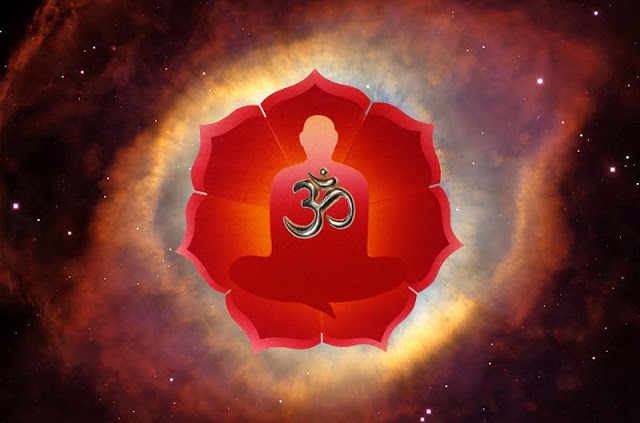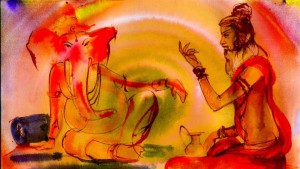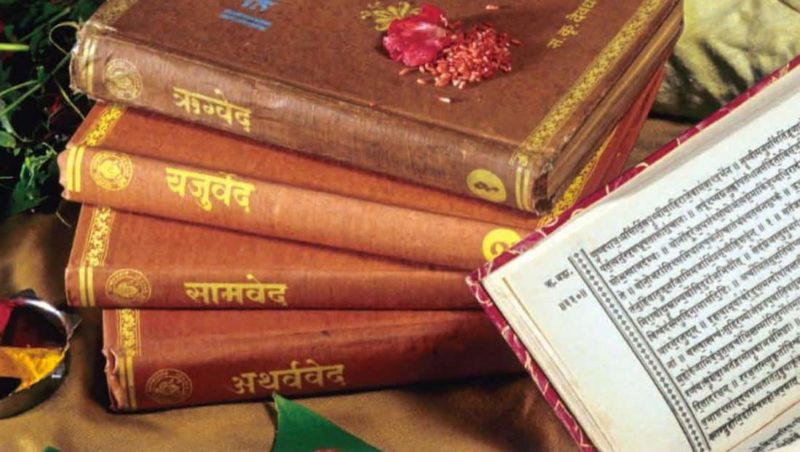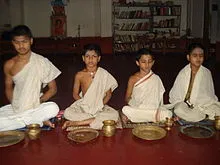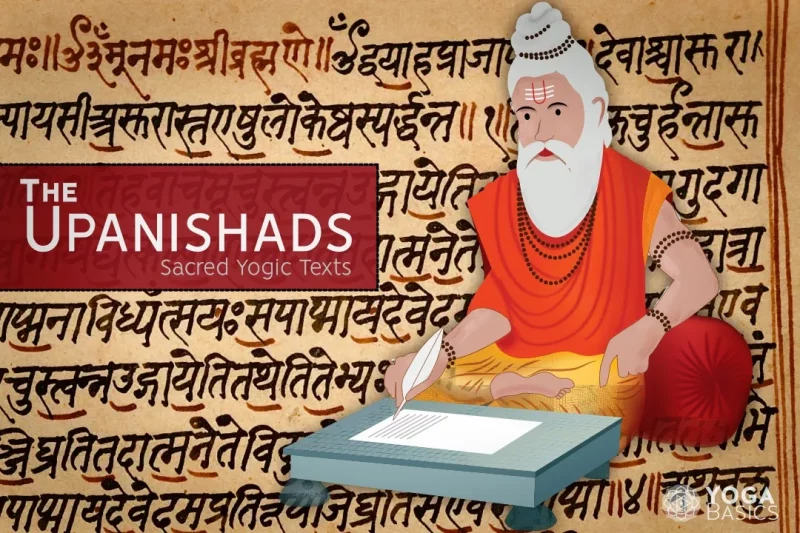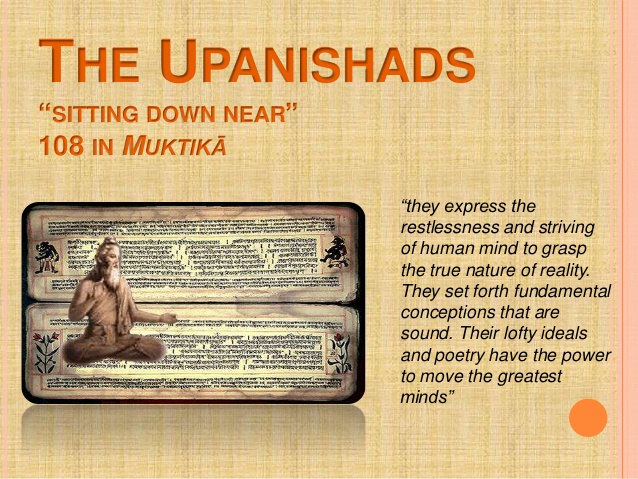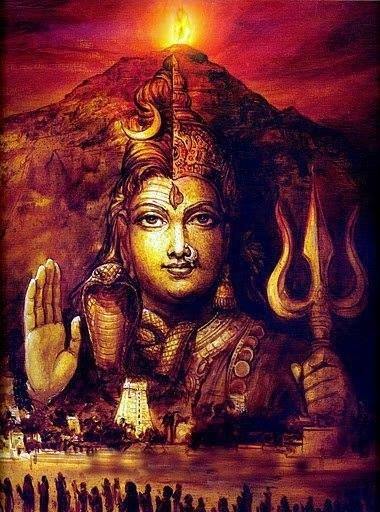No products in the cart.
Vedic Philosophy
Smriti
Smriti The Smriti, literally “that which is remembered”, is a body of Hindu texts usually attributed to an author, traditionally written down, in contrast to the Śrutis (Vedic literature) considered authorless, which were handed down verbally across generations and fixed. The Smriti is a derivative secondary work and is considered less authoritative than the Sruti […]



